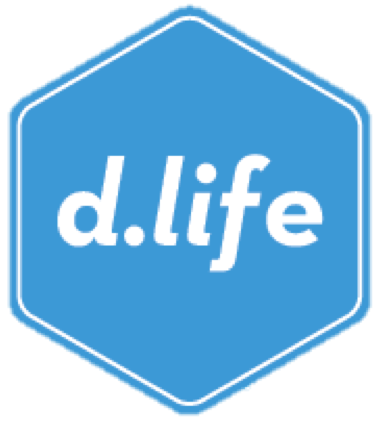SECURING FUNDING FOR CAREER DESIGN
After years of prototyping, Yale’s Office of Career Strategy secures funding to support Life Design on campus
In the final weeks of the summer of 2017, Stephanie Waite and Janelle Lewis of Yale’s Office of Career Strategy gathered several groups of students across Yale’s campus to see if Yale students would accept Design Thinking as a way to address their career uncertainties. They launched one of their first life design prototypes with student athletes, thinking this would be a good place to start – student athletes know how to work in teams, they know what it’s like to be coached and to coach one another, and they’re game to try out new techniques and strategies.
Not only did the athletes show up, they even wanted to skip the scheduled breaks of the two, 2.5-hour sessions held a week apart. Stephanie noted, “A typical Yale college student will sit silently and go up to a speaker after a talk, but in these sessions every single student spoke willingly.” She continued to highlight that “the undergrads appreciated the need for wild ideas and the perspective that people don't have to have everything planned out in their lives.” What most surprised Stephanie and Janelle was that the quietest athlete present immediately described her most useful learnings, and on the way out of the final session, stopped at the door, turned to them and said: "Thank you so much, this was perfect."
They had found a need on Yale’s campus and immediately started planning their next sessions. And, in a few months, Designing Your Career @ Yale was born.
The next two years were filled with staff trainings to expand the facilitator pool, multiple half-day DYC@Yale sessions for pockets of students across campus, including those focused on public service and pre-med tracks, creative career enthusiasts, and graduate students. With growing popularity, oversubscribed sessions, and a 100% response of “yes” to a post-session survey question that asked Whether or not you feel you personally benefited from this program, do you think there is a need for this type of programming on Yale's campus?, the Office of Career Strategy set out to find funding to support a scaled-up version of this grassroots program.
Through the generosity of The Hastings Foundations, Yale’s Office of Career Strategy secured funding in 2019 to provide Designing Your Career @ Yale for five years. The goal is to support half of the sophomore class through DYC@Yale sessions and Life Design concepts. Fall of 2019 prototypes focused entirely on supporting the Sophomore class, and as the team prepares for the Spring 2020 sessions, they are incorporating what they’ve learned into their February 2020 program while staying within the desires of the foundation.
In keeping with the spirit of prototyping and community sharing, here are a few things Yale’s Office of Career Strategy learned along the way:
1. Facilitator Trainings. A fantastic way to showcase how the office supports undecided populations, but they are very time intensive. When folks train to become facilitators, the training and practice time is extensive, especially for those who care to provide quality programs for the students.
2. Students in the Room. Sessions that include sophomores, juniors, and seniors make for a richer experience for all participants. More life experiences in the room means better conversations and idea generation.
3. Marketing. When upscaling programs from groups of 7-10 students to 36, we had to double our advertisement efforts. The who, what, where, when, and how of communicating the details of the program matters so much.
4. Student Voices are Powerful. Leading up to securing funding, we compiled student DYC@Yale application responses that detailed their insecurities around career decision making. We also pulled together post-program evaluations showing the value they derived from the sessions. These were key in our meetings with potential donors.
5. Non-Stop Ideas. Our team is so into prototyping that we’re constantly thinking and rethinking plans for the future. This can be exciting, but it can be a lot of work. Pace yourself and find ways to interweave new ideas with ongoing office commitments. More to come from the DYC@Yale team in 2020!

